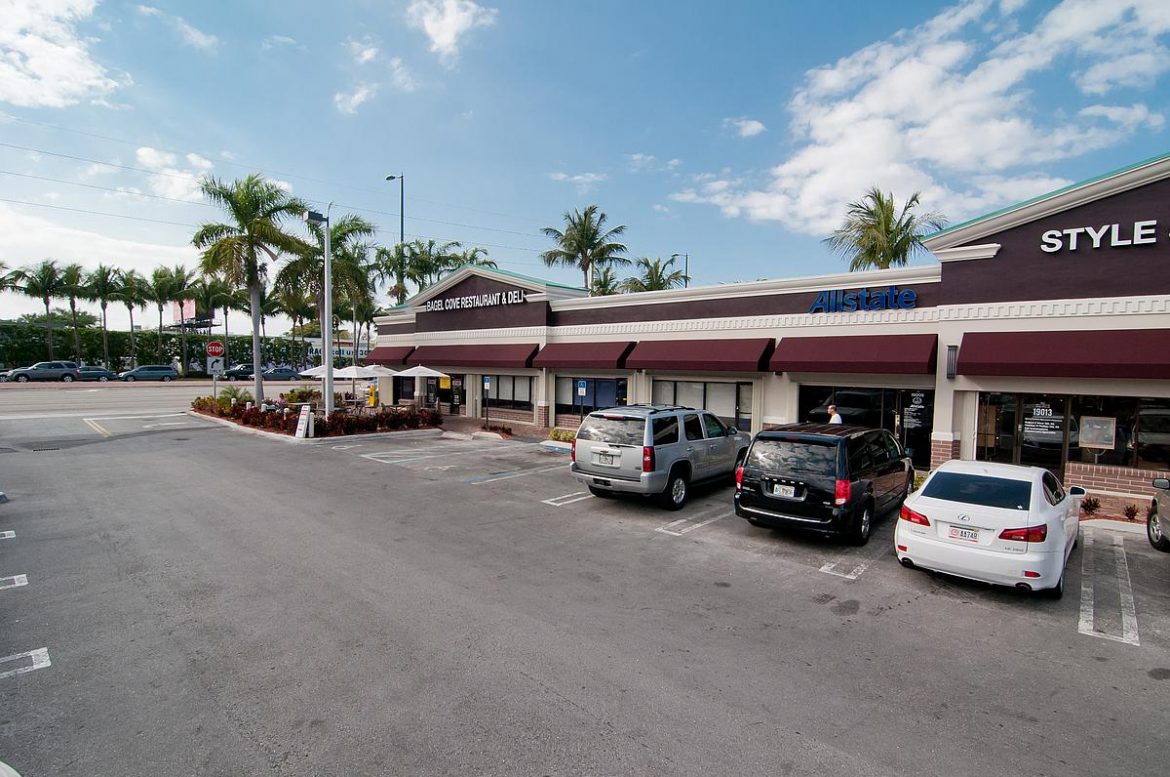A new Urban Land Institute report suggests city officials relax certain provisions of the Miami 21 zoning code to encourage denser developments on narrower lots and further incentivize developers who reduce or eliminate parking, among other recommendations.
Report co-author Andrew Frey presented his ULI focus group’s findings on Friday to Miami Mayor Francis Suarez, who declined to comment about how he will incorporate the report’s recommendations into a revamp of Miami 21 that is currently underway.
“We are focused that [growth] happens responsibly,” Suarez said. “That it supports things like transit; that it supports our resiliency efforts.”\
Frey, director of development for Fortis Design + Build, said the focus group was formed last year to look at aspects of Miami 21 that inhibit progress in areas of housing choice, affordability and mobility.
“We wanted to give specific textual recommendations that hopefully can shorten up the cycle between finding glitches or gaps in Miami 21 and filling them,” Frey said. “We tried to make the recommendations as concrete as possible.”
According to the report, city officials should consider deleting lot size minimums and density maximums in certain areas, such as those zoned T4, T5 and T6. The neighborhoods with T4 zoning allow a transition from single-family homes to multifamily buildings with room for small businesses and mom-and-pop retail such as Southwest Eighth Street in Little Havana. In T5 neighborhoods, developers can put up mixed-use buildings that accomodate retail, office and apartments such as Wynwood. And T6 neighborhoods allow developers to build multi-story condo, apartment and office towers such as downtown Miami, Brickell and Edgewater.
Getting rid of density maximums would allow developers to build more apartments sized smaller for mid-market renters because they would be able to build 100 or more units an acre . And by eliminating lot size minimums, Miami can encourage the development of more housing types such as townhouses, row houses and brownstones found in other major U.S. metropolitan cities, the report states.
The ULI focus group also suggested dramatic revisions to the parking standards in Miami 21, including having the Miami Parking Authority provide all on-street parking in single-family residential neighborhoods as residents-only at no cost. Other recommendations included significantly reducing parking requirements for new buildings and allowing developers to obtain parking reductions without having to pay impact fees.
Greg West, CEO of apartment builder ZOM Living and ULI Southeast Florida Caribbean District’s chairman, attended the mayor’s presentation. He noted that the report was produced with input from several heavy hitters from the real estate industry, including urban planner Elizabeth Plater-Zyberk, the original author of Miami 21. In addition to Frey, the focus group included land use attorneys Iris Escarra and Steven Wernick, developers David Martin and Kenneth Naylor and architects Reinaldo Borges and Raymond Fort.
“We had a pretty big tent on whom we sought input from, which also included the people who originally wrote and drafted Miami 21,” West said. “I think from the private side and development community, we got a good base.”
Source: The Real Deal

